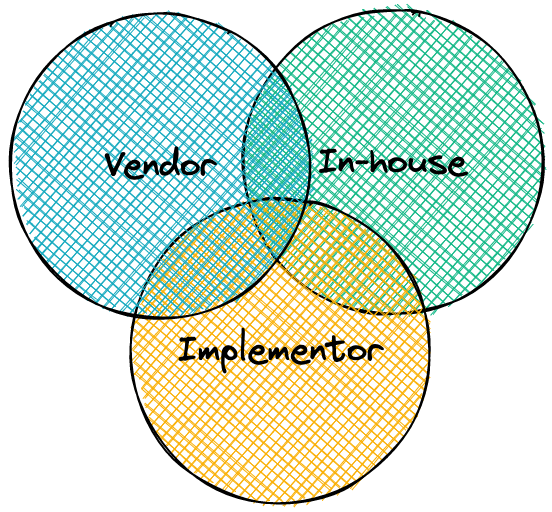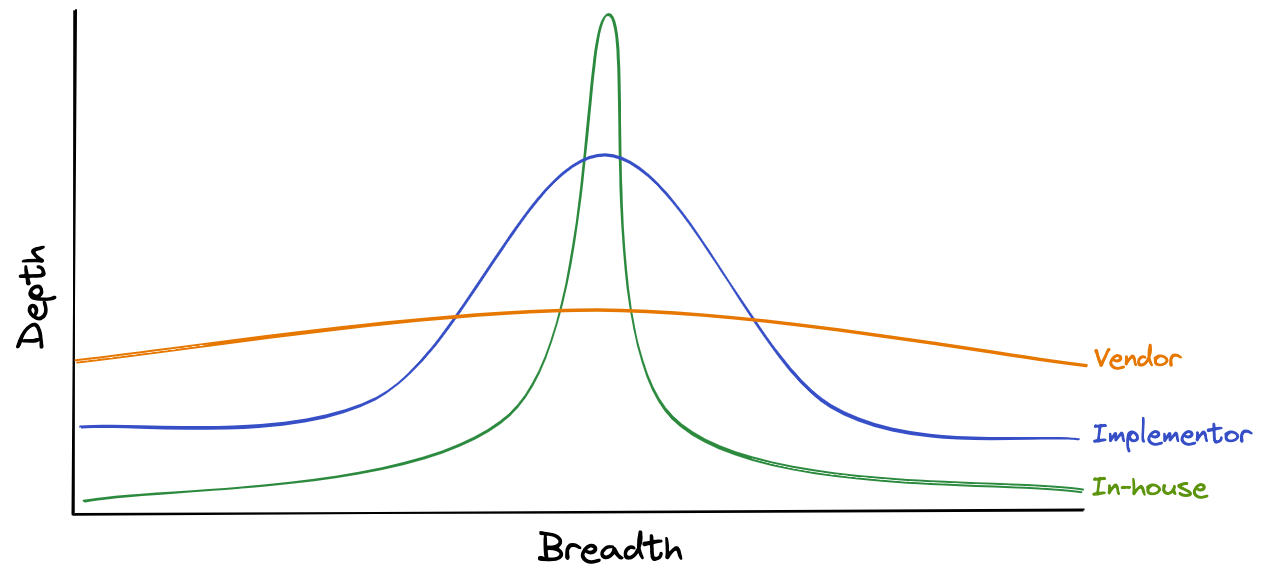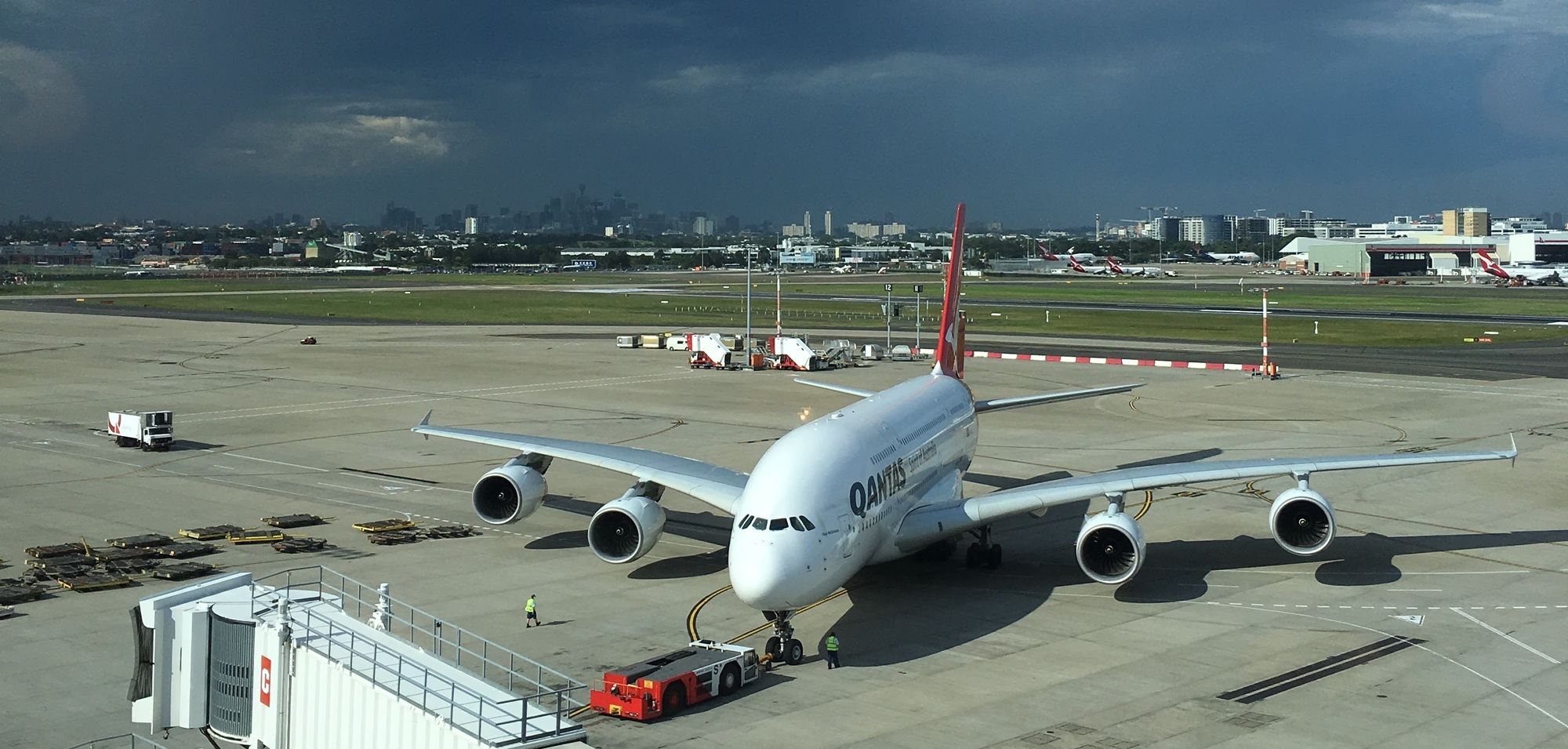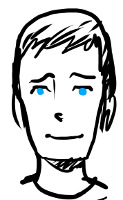A Year at Drift

I know a few of the rough themes that chart my career story, and one of those is following my passions; regardless of how those passions evolve.
I think it's pretty common to think of everyone's life as being a story of many arcs. Just like any good book, TV series, or movie, the plot involves one long and evolving character mega-arc. Within the mega-arc are arcs and sub-arcs.
Everyone has their own unique stories, with different combinations of arcs and sub-arcs throughout their life. Many people would define their school-life, university (if they go), each of their serious relationships, children (if any), home-ownership, retirement etc as individual arcs. Sub-arcs within these arcs would be smaller storylines, perhaps like a year studying abroad, or an individual project working with a specific team.

I like to think of both my life and career as stories, which means it's important for me to be able to craft a good narrative. A mentor previously advised me that the story itself was far more important than the reality and a little embellishment was requisite artistic license.
I've always liked the work raconteur for this reason, because the story and the telling of are the raison d'être for this tenuous quiddity analogy.
noun, plural rac·on·teurs [rak-uhn-turz; French ra-kawn-tœr]. A person who is skilled in relating stories and anecdotes interestingly.
I love hearing other people's (abridged) life stories, how they approached their junctures and decided on the paths they took, because ultimately it's a record of how they came to exist in that present moment.
Bastardising Descartes, and far less of an aphorism than the original: ego eram ergo sum or I was therefore I am
Back to my story
The past year has been both a continuation of the pandemic-derived folie à plusieurs. It also marks a year since taking another new path which made me think it was worth a personal, if public, retrospective.
I'd originally written the majority of this blog last year, but ultimately kept it in draft because I wanted to look back rather than forward given I'm more of an expert in my history than divination.
Plus, it's proven I don't care about future me.
With that in mind, I've added a few notes based on my first year at Drift as footnotes for when I finally draw up all my arcs.
1. Staying closer to customers was right
I wasn't sure what the right role would be for me:
- A strong foundation in technology would have allowed for a role in engineering - less hands on but instead enabling
- A background in presales would allow a future in presales
- Delivery is delivery is delivery
Couple the above with partnering and sales that I'd developed in conjunction with previous roles, and there were a few options. Counterintuitively, however, this just led to decision paralysis about the right pathway to proceed down.
Another mentor advised me to stay as close to customers as I possibly could. They are, after all, the reason for being, and why everyone in an organisation has a job.
This proved to be prescient.
I've really enjoyed taking the lead in development of new customer relationships, learning about their organisations, and helping both my customers and the companies they work for become successful.
Staying closer to customer problems, decisions, and solutions is also having a multiplicative effect on my network. I'm meeting more people more often and gaining a lot more insight into how each of them is building successful revenue streams. This in turn, helps me to craft better stories and provide better advice in each subsequent interaction.
2. Being technology adjacent is hard
I've been on a journey to abstract myself from technology pigeon-holing for a while. This was the year that I finally cut the cord that had been growing tenuously thin and took myself out of my niche.
I generally have a rule to never go backwards, and this applies to companies I've worked for, roles I've had, and technologies I've used.
That all being said, it's always difficult to leave the comfort zone. If I've previously done something, there's a non-zero chance I now know how to do it to a reasonable level of capability.
It's definitely been a challenge over the last year to not dive into the technology I'm working with as much. After all, that's not my job anymore.
One concession I'll make though is that while I need to rely on more technically savvy people to support my customers, having a base level understanding of the tech is never a bad thing and imbues the relationship with a lot of trust.
3. Product over implementation
After working in each of the big three factions when it comes to technology implementation, I feel like I have a far better understanding now of the benefits and drawbacks to each.

Working in-house is great if you want to get stuck in to really long term initiatives and see them through from inception until the end. As a result, your subject matter expertise is pretty high.
As an implementor, you can ride along for part of these initiatives and deliver high quality outcomes as part of a project. Typically seeing 1-4 clients in a year and being exposed to different use cases gives a range of experience to a moderate amount of depth.
Vendors support a larger number of customers annually, and hold shallower knowledge across an entire range of topics - crudely diagrammed below.

After having deep technical knowledge previously, I prefer the variety of knowing a little bit about a lot, and in being a master of nothing.
4. I can't wait to travel again
As I've referenced in point 1, working with customers is an absolute blast. Putting on my consultant tricorn and diving into problems (whiteboard optional but recommended) is where I feel like I flow best.
The transition to purely digital interaction for a mostly extroverted personality type has been a challenge. I find that the staccato, Zoom pierced day is mirrored by equivalent frenzied moments of productivity which in itself is more exhausting than a longer, busier day meeting customers in person.
The other thing that I'm lacking are the intangibles outside of scheduled conversations. Corridor conversations, coffees, and casual catch-ups.
I cannot wait until I can both meet the customers I've worked with this year and start to introduce myself to new customers I'll work with over 2022. Despite being a proponent of service digitisation, we do not have a truly comparable solution yet.
In summary, the change has been good, the challenges fun to surmount, and can't wait to see what 2022 will bring.





